Cost-competitiveness and innovation are driving factors in logistics
March 31, 2020 5:46 pm
Ken Allen, CEO, DHL eCommerce, and a turnaround specialist, in an interview with Caroline Chorattil, talks about how DHL is increasing its investment in the logistical space in India and how domestic OEMs can utilise the company’s services to go global and stay competitive.
How does DHL add value to supply chain management for Indian manufacturing?
The logistics industry in general is understated. A lot of people only look at the product; they do not think of its logistical and warehousing aspect, of how the raw materials and spare parts were moved all over the world. DHL provides that capability with physical movement and data so that OEMs can move them quickly and efficiently around the world. We’re an essential element of every country that is manufacturing or selling anything. We have four different verticals — DHL Express, DHL Supply Chain, DHL Global Forwarding, and Blue Dart — and we offer the entire suite to OEMs who can then choose a service option that suits their business the best. All logistics companies provide value, but DHL just adds a little more value. Moreover, DHL is not too expensive. Blue Dart makes a profit of about 3 percent, which is not too much. Since we are a big brand and we have tried to build a brand based on quality and premium, it can give people the false notion that we are expensive. But we provide affordable services.
In the old days, when I would go on a sales visit, I would usually meet the company’s CEO or business head. Today, 70 percent of the time I meet a buyer or a finance head. The way that modern businesses do business means that you have to become cost-competitive, since the buyer’s internal policies require him to usually check with other suppliers and service providers before he can finalise one. I think that’s why a lot of economies are growing the way they are because logistics has given them access to overseas markets. Today, large companies still have that extra advantage in the market. We want our logistical services to help every small and medium sized enterprise in the world sell more products and level the playing field in the global market.
With the Indian manufacturing sector battling sluggish growth, how has it affected logistics companies like DHL that also cater to the sector?
Well, our economy reflects other global economies. We haven’t had the same level of growth as we’ve had in the past. But because of the e-commerce developments, I think DHL is doing better and we are showing greater growth than a lot of other logistical companies because we’re moving e-commerce packages as well. And that is a relatively new vertical. So I would say that at the moment we’re relatively unaffected overall. But if manufacturing slows down, our rate of growth slows down as well. Yet I don’t think that a slowdown in the growth rate is the end of the world because the world in general and India too is a bit of an up-and-down story. Fluctuations will happen. Nonetheless, if you look at the whole world, we’ve had almost 10 years of continuous growth. We are growing in line with the GDP and are boosted by exports. Also, the new e-commerce volumes that are going away from brick-and-mortar stores and into e-commerce have been beneficial for us. The industry GDP is growing at a rate of 1.2, while Blue Dart is growing at about 1.2 to 1.6.
FDI in Indian OEMs is poised to increase this year, which will put the manufacturing sector back on the growth path. How well is DHL equipped to meet this increase in demand?
We don’t see any increase in demand right now from the manufacturing sector. But we see a lot of demand for warehousing from a fulfilment point of view. And the fact that India is attracting so much investment in the logistics space means that everybody is seizing the opportunity. We are stepping up our investment in supply chain and warehousing here. In India, we’ve got four great businesses, as mentioned earlier. So we can provide anything that an Indian manufacturing or service company needs from a logistics perspective. We are well invested in facilities, aviation, people training, and IT capabilities. We have a robust supply chain business here and we already have 9 million square feet of warehouse space in India. So we already have a great foundation and basis for doing business in India. We offer our services to any industry that needs logistics and supply chain management and we work across 47 industry verticals. We want to accelerate our pace of investment further because we see that supply chain warehousing in India needs the expertise of a company like DHL.
What are your future plans for DHL in India?
We are always ahead of the curve in terms of competition, and we follow our customers wherever they go. So, if we are needed by our customers to play a role in warehousing and logistics and can facilitate trade much faster, we are definitely happy to help. We’re looking at how we can automate our warehouses for quick fulfilment and how we can link it with mobile and predictive analytics. We’re looking at solutions for the industry and we want to help India boost exports to the rest of the world, for which we work with MSMEs and show them that if they have a great product, they can put it on their website and sell across the world. We recently announced our strategy for 2025 that is called “delivering excellence in a digitalised world”. One of the core elements of the strategy is that we’re going to focus on our core business and be best-in-class. And when we do that, we can then look for solutions in different verticals.
People now want things faster; it means that you have to store the product closer to them. So there’s going to be more fulfilment centres, which are smaller warehouses. The fulfilment part of the business is going to take up a bigger proportion. That’s going to be a big growth driver for DHL for the next five years. And then we have to be really good at robotics and capacity planning to make sure that we utilise those fulfilment spaces as efficiently as possible because we know that they can back operations. It needs to be 100 percent accurate yet relatively low-cost as well.
In terms of innovations, I think that autonomous vehicles will gain momentum quickly. From a technological point of view, the possibility of autonomous vehicles is very exciting. DHL produces an electric car called StreetScooter. That is one of our big innovations, and we are testing autonomous driving through that. But to have successful autonomous driving, we need 5G, 6G or 7G. We cannot have autonomous vehicles without masses of data being transmitted to it.
Since we are a big brand and we have tried to build a brand based on quality and premium, it can give people the false notion that we are expensive.
Ken Allen, CEO, DHL eCommerce, and a turnaround specialist
Cookie Consent
We use cookies to personalize your experience. By continuing to visit this website you agree to our Terms & Conditions, Privacy Policy and Cookie Policy.



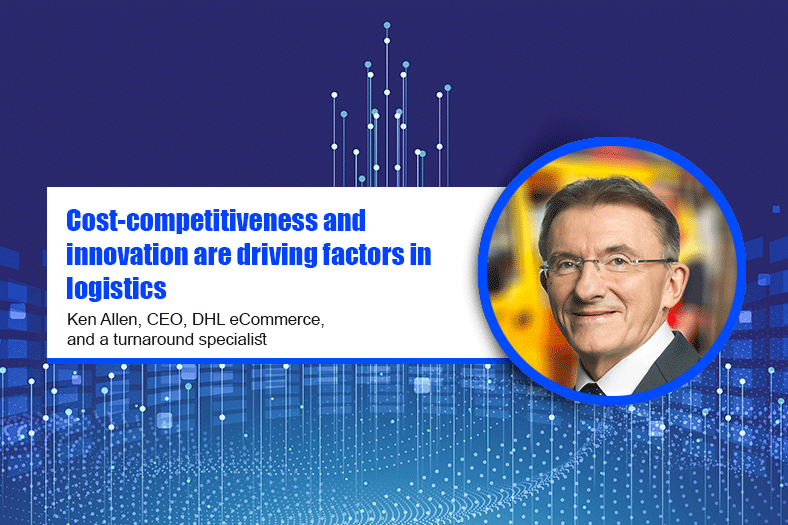

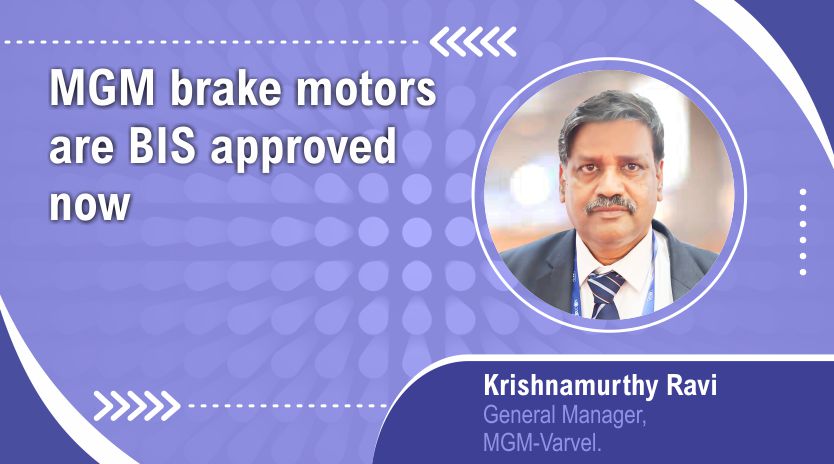
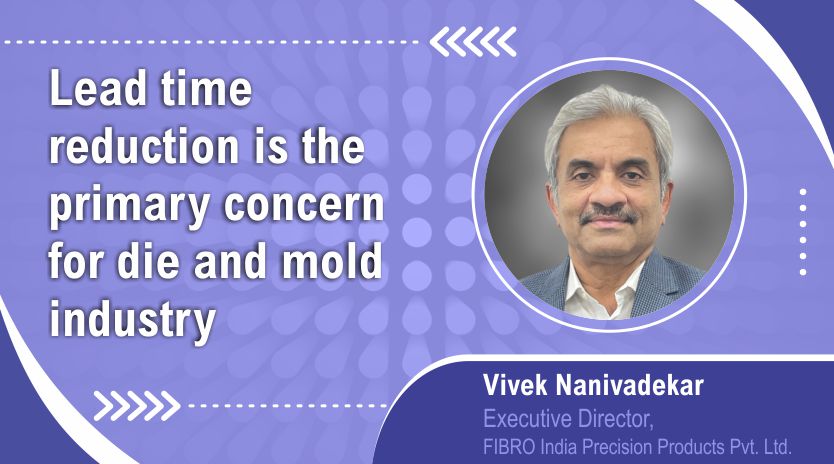
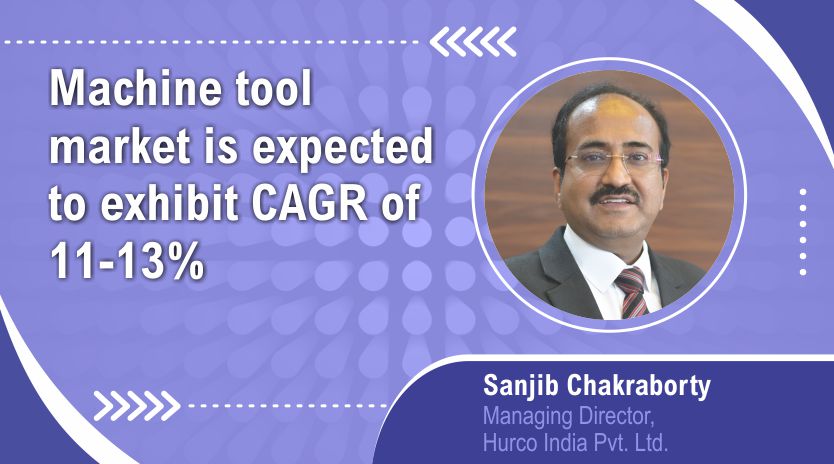
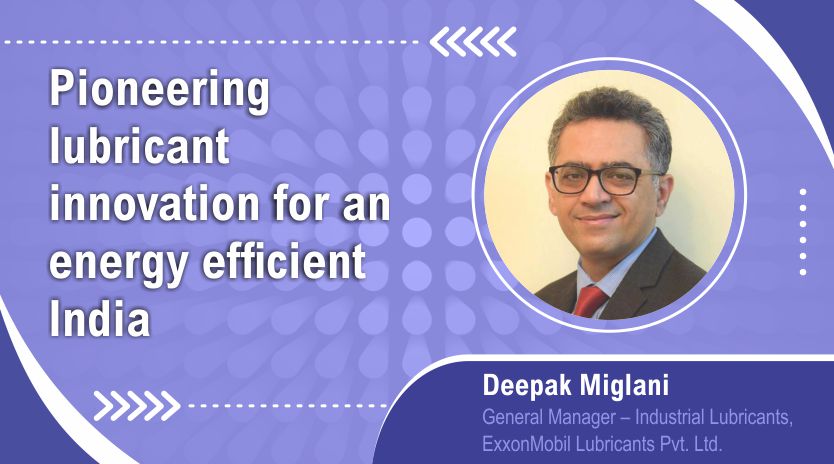

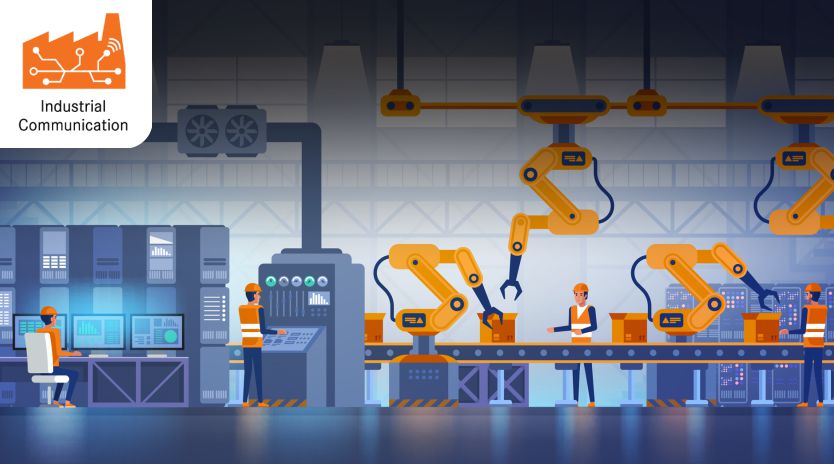

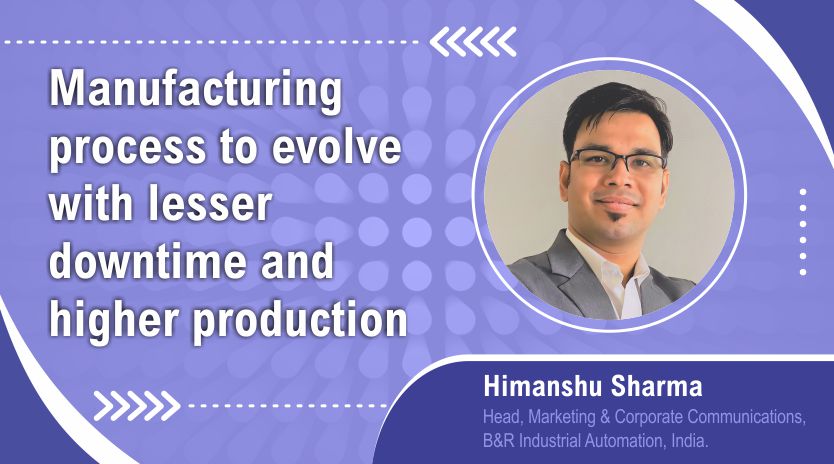
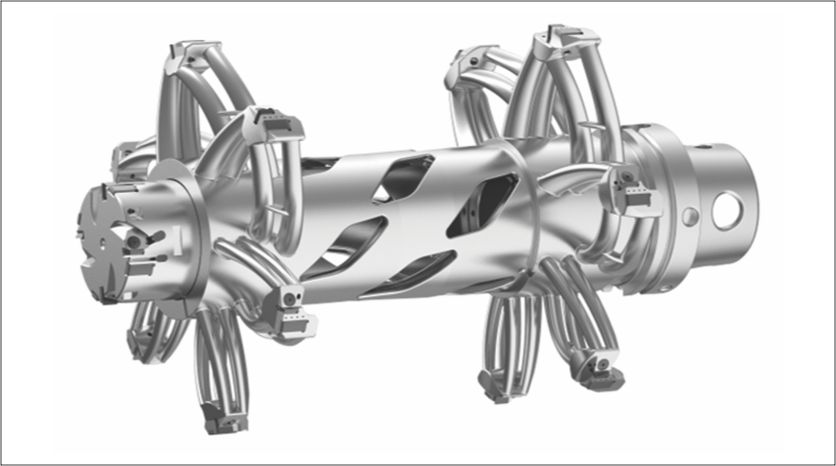
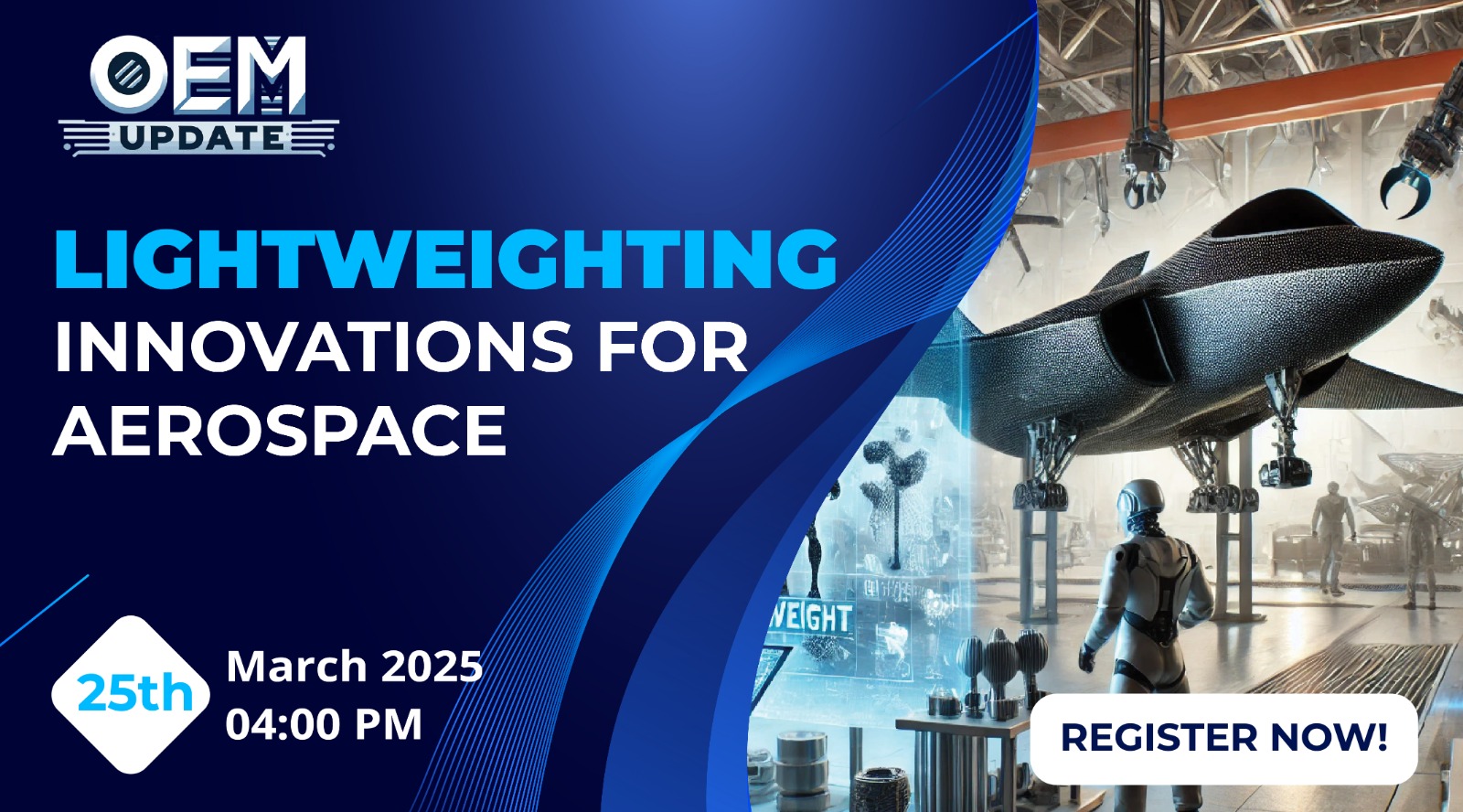


 English
English Hindi
Hindi